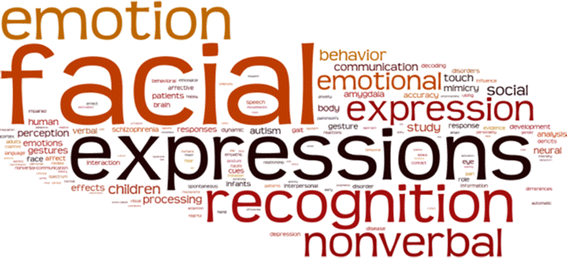 Last week we wrote about the importance of distinguishing micro and macro expressions, but we passed too quickly over deception detection.
Last week we wrote about the importance of distinguishing micro and macro expressions, but we passed too quickly over deception detection.
Microexpressions differ from their longer lasting counterparts in many ways, but one of the most salient is the fact that they can betray underlying emotions. The fleeting microexpression can show anger or surprise where someone may be trying to conceal it, and effective deception detection can often involve noticing these microexpressions, as hard as that might be for a layperson.
As Drs. Matsumoto and Hwang point out, there are many factors that make people better at deception detection. These include personality features like openness to experience and conscientiousness but also empathy and emotional regulation.
One of the major takeaways from the study we blogged on last week was the more precise definition of what microexpressions are, committing to seeing them as incredible fleeting and at least under half a second.
This was elaborated on in a 2018 study by Drs. Matsumoto and Hwang which looked at microexpressions as keys to differentiating truth from lies, operationalizing this particular definition of the length of microexpressions. They point out that previous research found mixed results in connecting microexpressions to deception detection, but that such research had failed to rigorously define how long a microexpression is.
Much of this past literature, though it found the potential for microexpressions, was that it did not properly define microexpressions based on observations of how they actually function. Some of this research categorized microexpressions as lasting for up to four seconds!
Such a revised definition makes a great deal of sense when looking at deception detection. Much of the attempt to conceptualize microexpressions comes from trying to see their role in showing spontaneous and concealed expressions. Longer durations are less likely to be signs of repressed and concealed emotions.
This 2018 study then sought to look at the role of microexpressions in deception detection given this more rigorous definition. First, they looked at whether microexpressions under half a second occurred and if they could reliably distinguish truth from deception. They also looked at longer expressions to see if these could be seen as consistently spontaneous.
They found that such expressions were generally frequent and acted as reliable indicators of deception, much more so than expressions longer than a second. Interesting, very short expressions of less than 0.3 seconds were not helpful indicators.
We are curious what our readers have to say about this, however. Do you notice these fleeting expressions? Do you think that they are uniquely distinct from longer expressions? Please comment and let us know what you think!
 Although microexpressions are analogous to longer-lasting ones in many ways, it is in their differences that much of the latest exciting science dwells.
Although microexpressions are analogous to longer-lasting ones in many ways, it is in their differences that much of the latest exciting science dwells. We spend a great deal of time talking about Humintell’s work on nonverbal behavior, but it’s important to know that this is a wide and exciting field!
We spend a great deal of time talking about Humintell’s work on nonverbal behavior, but it’s important to know that this is a wide and exciting field!